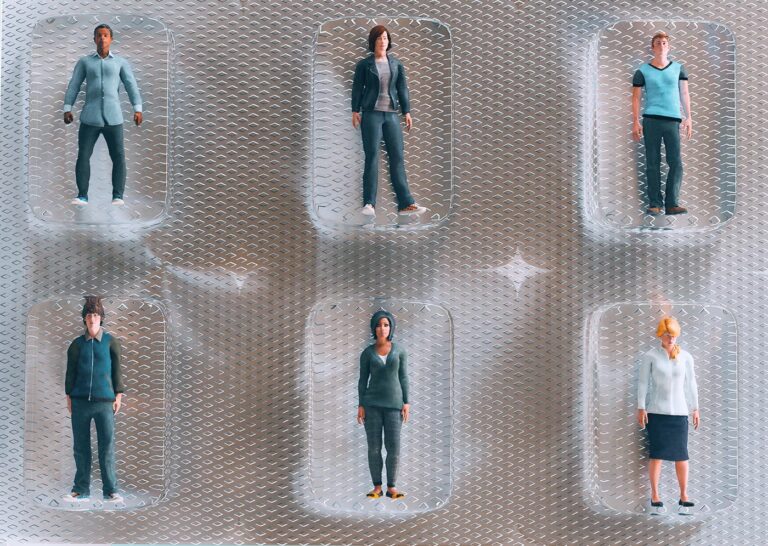
Sherlock Biosciences announced this week that it has raised $80 million in a Series B financing round to support its next-generation diagnostics, which are based on CRISPR and synthetic biology. Novalis LifeSciences led the round, which included new investors Illumina Ventures, Albany Capital, and Catalio Capital Management, among others. They joined Northpond Ventures, Good Ventures and other existing investors, bringing Sherlock’s total funding to $111 million to date.
“Sherlock is dedicated to breaking down diagnostic barriers and bringing health information to people around the world,” Sherlock Biosciences President and CEO Bryan Dechairo said in this week’s release.
While others use CRISPR to make precise edits in genetic code, Boston-based Sherlock uses it as a diagnostic tool to detect the unique genetic fingerprints encoded in DNA or RNA sequence in organisms or pathogens. They describe this as “smart amplicon detection,” which can be adapted for use in a single cartridge as part of a simple point-of-need system or deployed as a single-use disposable in low-resource settings.
INSPECTR (Internal Split-Pairing Expression Cassette Translation Reaction) uses freeze dried synthetic gene networks as programmable molecular diagnostic devices. It enables the creation of instrument-free, simple-to-use diagnostic tests that can be deployed in a variety of settings across multiple applications.
The method can be programmed to distinguish targets based on single nucleotide differences without an instrument at ambient temperature. When INSPECTR’s molecular sensors detect the presence of a nucleic acid target, a reporter protein is produced. This protein output can be designed to generate a signal tailored to any medium, providing a simple diagnostic readout.
The company also uses artificial intelligence for “efficient design of molecular sensors.”
Dechairo added that, “Our novel chemistries combine the accuracy of PCR with the simplicity and convenience of antigen tests, powering a decentralized diagnostic platform for DNA and RNA detection. We are grateful to our funding partners for supporting our mission to ignite a convenience revolution in healthcare and further global public health.”
Sherlock currently plans to develop two new tests, one will be a durable and consumable product that will allow testing of multiple sample types, a rapid result, and repeat testing. The other will be a single use disposable that will operate power free.
The company received Emergency Use Authorization (EUA) from the U.S. Food and Drug Administration (FDA) for its Sherlock CRISPR SARS-CoV-2 kit in May 2020. The kit is used provides results in approximately one hour.
“While it has only been a little over a year since the launch of Sherlock Biosciences, today we have made history with the very first FDA-authorized use of CRISPR technology, which will be used to rapidly identify the virus that causes COVID-19,” said Rahul Dhanda, a co-founder, and then president and CEO of Sherlock, in a release at the time. “We are committed to providing this initial wave of testing kits to physicians, laboratory experts and researchers worldwide to enable them to assist frontline workers leading the charge against this pandemic.”
The Sherlock CRISPR-based SARS-CoV-2 kit is designed for the qualitative detection of nucleic acid from the virus. This test provides specific and sensitive detection of the SARS-CoV-2 virus in upper respiratory tract and bronchoalveolar lavage specimens from individuals suspected of COVID-19 by their healthcare provider.
The company also reports that the adaptability of Sherlock, coupled with its ability to precisely identify nucleic acid sequences, makes it a diagnostic with potential for broad global reach.
Sherlock said, in their news release, that the latest funding will drive the development of products and partnerships enabled by the company’s proprietary platform that can operate at ambient temperature without complex instrumentation, opening up a range of applications in low-resource settings such as the home.













